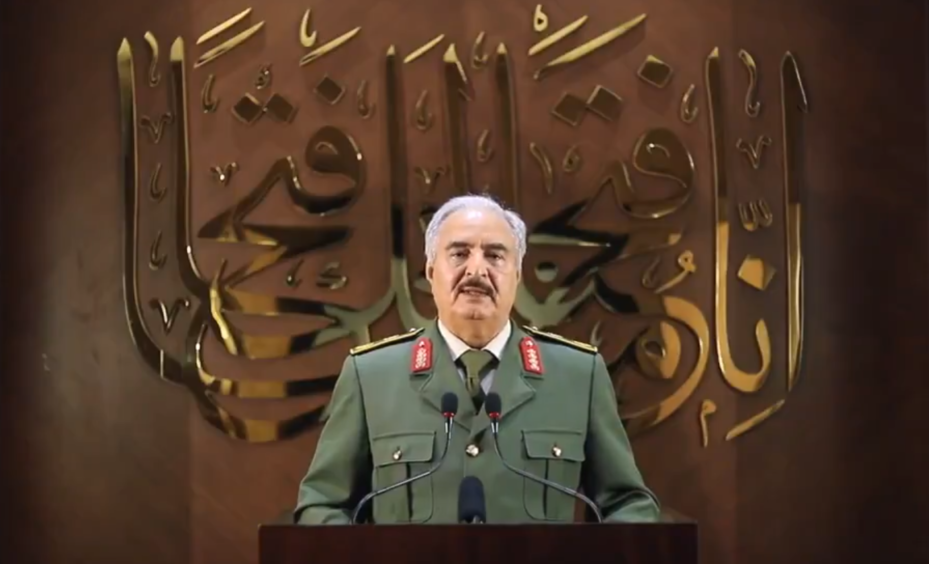
Mercenaries in Libya used Milton Keynes-based geosciences specialist Bridgeporth as cover for their movements, a United Nations report has said.
Private military contractors used a document purporting to be from AustinBridgeporth to move helicopters from Botswana to Jordan. AustinBridgeporth combines the US’ Austin Exploration with the UK’s Bridgeporth.
The geoscience company told the Panel of Experts (PoE) that it had no recent or planned surveys in Jordan.
The PoE report went on to highlight some further links between Bridgeporth and the failed private military company (PMC) endeavours, though.
The panel reported the pilot of an aeroplane involved in the project, Travis Maki, was named on Bridgeporth’s website as the vice president of aviation.
The company told the UN body that it had previously let Maki go. It failed to provide further confirmation.
The report said Maki had violated Resolution 1970, which imposes an arms embargo on Libya.
In particular, Maki had transferred “military equipment by air to a private military company providing other assistance relating to military activities to an armed group in Libya”.
It also said Bridgeporth had failed to “provide information … relating to military activities to an armed group”.
The Prince connection
The PoE linked Bridgeporth to Erik Prince, the US military contractor behind the Libyan plan. The PoE report linked Bridgeporth to FRG Partners Master Fund and a sequence of Caymans ventures in 2019. Frontier Holdings, which is wholly owned by Prince, is at the end of the list, the report said.
Bridgeporth responded to inquiries from the UN inquiry through its lawyer, Matthew Schwartz, of New York’s Boies Schiller Flexner (BSF).
The same lawyer represented Prince to the PoE.
“The Panel considered it unusual at the time that a small, specialist British geosciences company would be utilizing the services of a New York based legal counsel were it not for the Erik Prince connection between the two,” it said.
The report went on to include emails between Bridgeporth’s managing director Mark Davies and Prince.
The latter had used Bridgeporth as cover for another proposed military project, a plan in 2014 to “kill or capture” the head of the Lords Resistance Army (LRA) Joseph Kony in South Sudan.
Haftar’s dashed hopes
The PMC plan emerged in June 2019. Prince first suggested a plan to provide security in eastern Libya in 2013. Following various iterations, the businessman proposed a plan to carry out “kinetic strike and assault capability” in conversations with General Khalifa Haftar.
The plan involved the delivery of attack helicopters and RHIBs. The PMC was unable to deliver the helicopters. Instead, they settled for importing ex-military, unarmed helicopters from South Africa.
17 PMC operatives arrived in Benghazi on June 25-26, 2019, the PoE report said. The South African leader of the team, Steven Lodge, aborted the plan on the evening of June 29.
The men left Libya in a hurry on the two RHIBs. One of these boats broke down on the way to Malta and was abandoned.
The report said Lodge cancelled the plan “due to the adverse reaction” of Haftar when he learned the helicopters were not up to the military specifications he had intended. Lodge feared “violent repercussions” from the general.
The PMC team launched a second effort, in April-May 2020. They abandoned this work out of concerns of the Government of National Accord’s (GNA) aerial strength.
By that point, Turkey had signed up to support the Tripoli government and the tide was turning against Haftar’s forces.
